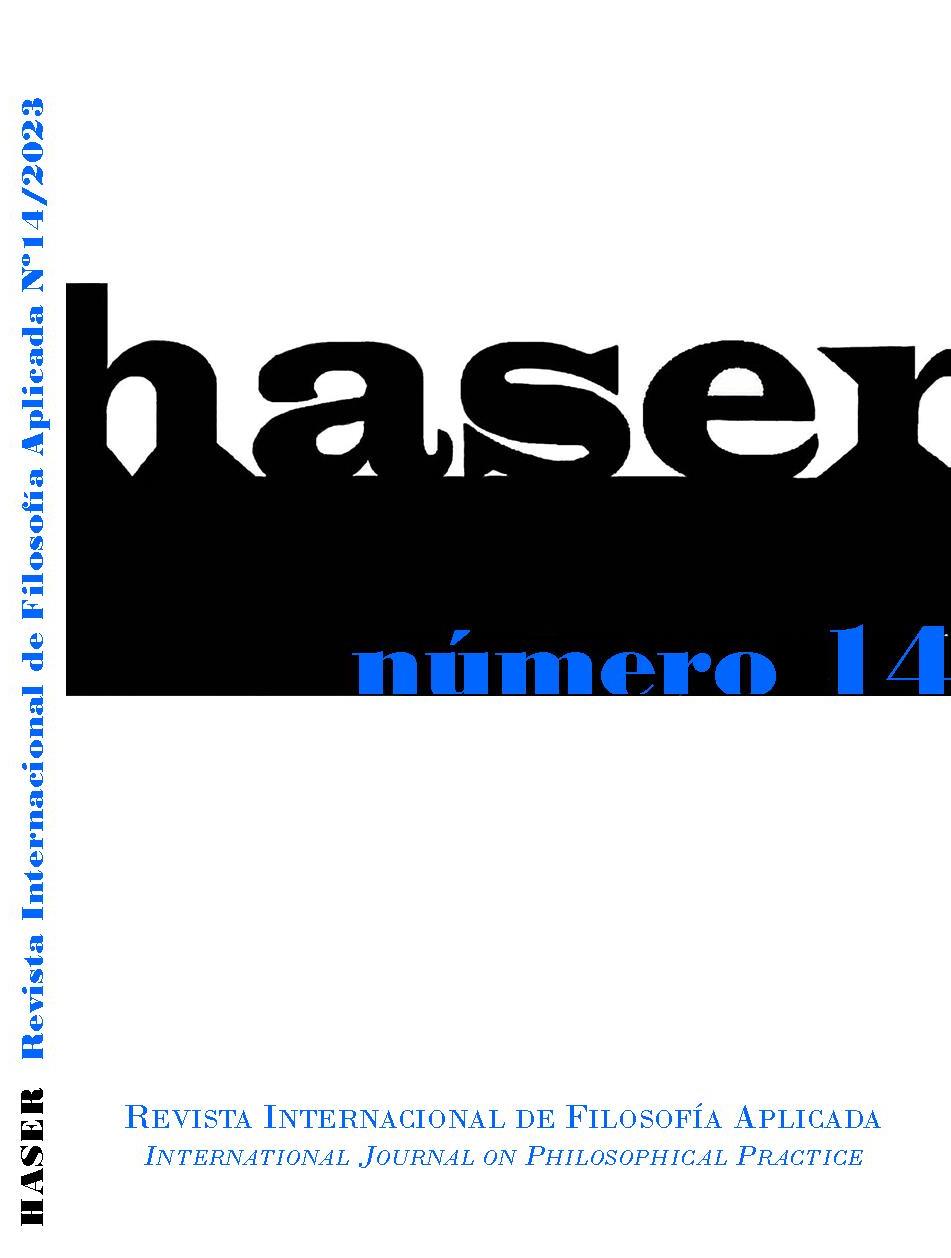Rethinking prison training in Colombia from a philosophical perspective
Abstract
In Colombia, overcrowding has historically been one of the main problems in prisons and penitentiaries, a fact that became more evident during the health crisis unleashed by COVID-19, as well as the way in which it violates the fundamental human rights of individuals deprived of their liberty. On the other hand, and from an educational perspective, another of the problems faced by the penitentiary system of the country is the reduced offer of training projects that have an impact on the development of the moral dimension of people in prison conditions, a shortcoming that, added to many others, hinders resocialization and explains the high recidivism in crimes.
In this article, and supported by a reading of some of Dewey's works dedicated to thinking about human nature, its moral character and the characteristics of an authentic moral education, we advocate for an ethical education for people in prison conditions where the interest in transforming the conditions in which they develop and the creation of scenarios that favor the development of their capacity to reflexively examine experience through philosophy converge.
Now, the conceptualizations presented here were precursors of a research process that began at the Universidad Nacional Abierta y A Distancia in the year 2021 under the guidance and accompaniment of Ph.D. José Barrientos-Rastrojo, professor at the University of Seville and director of the International Boecio Project, and in the framework of which stoicism workshops are developed in prisons oriented by students from different programs of the School of Education and the School of Social Sciences, Arts and Humanities. This research project led to the adaptation of the workshops to virtual and distance modalities for the work with different vulnerable groups and its impact is currently being evaluated by different degree works associated with this research.
Downloads
Downloads
Published
How to Cite
Issue
Section
License
Los autores/as que publiquen en esta revista aceptan las siguientes condiciones:
1. Los autores/as conservan los derechos de autor y ceden a la revista el derecho de la primera publicación, con el trabajo registrado con la licencia de atribución de Creative Commons, que permite a terceros utilizar lo publicado siempre que mencionen la autoría del trabajo y a la primera publicación en esta revista.
2. Los autores/as pueden realizar otros acuerdos contractuales independientes y adicionales para la distribución no exclusiva de la versión del artículo publicado en esta revista (p. ej., incluirlo en un repositorio institucional o publicarlo en un libro) siempre que indiquen claramente que el trabajo se publicó por primera vez en esta revista.
3. Se permite y recomienda a los autores/as a publicar su trabajo en Internet (por ejemplo en páginas institucionales o personales) antes y durante el proceso de revisión y publicación, ya que puede conducir a intercambios productivos y a una mayor y más rápida difusión del trabajo publicado (vea The Effect of Open Access).


